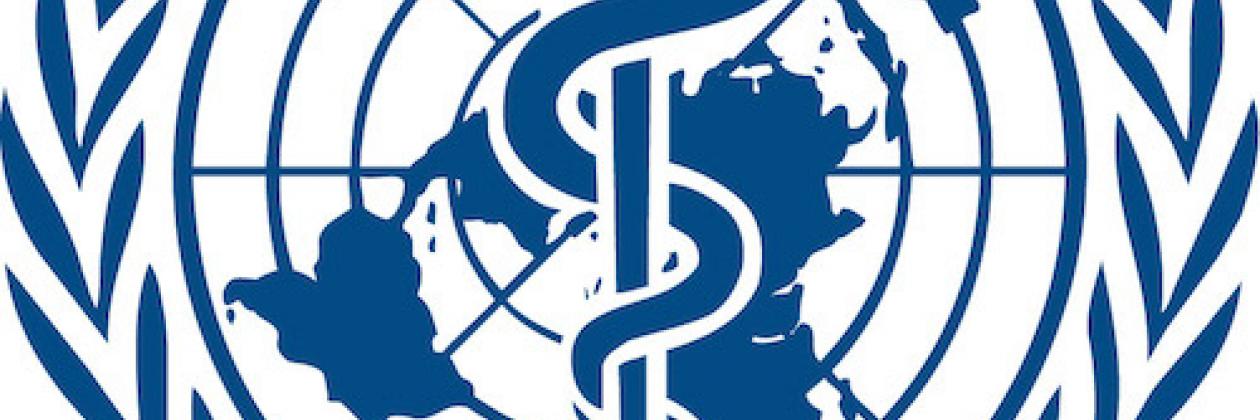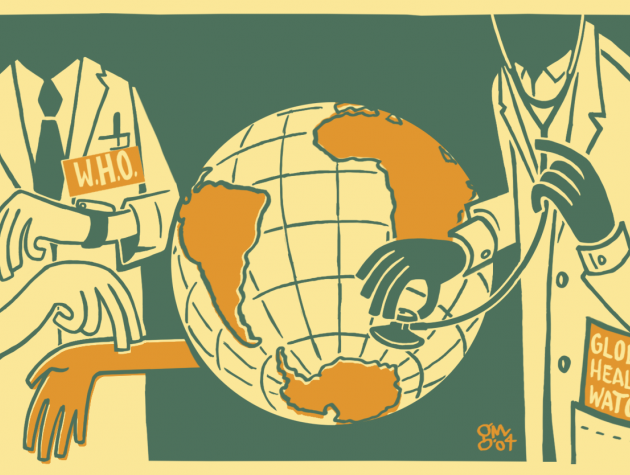Global rules for global health: why we need an independent, impartial WHO (BMJ 2014)
Global rules for global health: why we need an independent, impartial WHO. Sridhar et al (2014). BMJ 348.
GEG's Devi Sridhar and colleagues argue that WHO’s unique political legitimacy makes it essential to achieving international action on global health and call for governments to re-establish guaranteed core funding.
Introduction
Over the past few years the World Health Organization (WHO) has been undergoing substantial reform. The immediate trigger was a budget crisis in 2010 that spurred massive staff cuts. But at a more fundamental level, deeper systematic changes in global health governance have made reform imperative. Though WHO reform draws relatively little attention outside diplomatic circles in Geneva, at stake are critical concerns that will affect public health everywhere. The essential role of WHO is most often appreciated when outbreaks of infectious disease cross borders, such as the newly identified Middle East respiratory syndrome (MERS) coronavirus, which has infected 636 people since 2012 and has a death rate of about one in three. With an increasing number of cases being reported, fears exist that it could infect thousands of people, similar to the SARS (severe acute respiratory syndrome) coronavirus in 2002-03.
The international response to MERS has been more rapid than to SARS at least partly because of global structures that have facilitated epidemiological assessment, international information sharing, and the development of potential treatments. In an increasingly interconnected and interdependent world, global rules negotiated among governments are crucial for facilitating international cooperation and for protecting the health of the world’s population. Sometimes adhering to these rules requires governments to forgo some of their sovereignty and to trust an international organisation to act impartially and independently for the common good. One of the fundamental reasons for the creation of WHO in 1948 was to ensure that governments would “compromise their short-term differences in order to attain the long-run advantages of regularized collaboration on health matters.”
Although many global health problems can be dealt with outside of WHO, the negotiation, agreement, and monitoring of compliance with global health rules can realistically take place only in WHO’s main decision making body, the World Health Assembly. WHO possesses unique political legitimacy because its membership encompasses all countries in the United Nations. This legitimacy allows WHO to convene governments and others (such as civil society, experts, and business) to negotiate rules, resolve differences, and reach consensus—all key elements of stewardship, a core function of the global health system.
MERS exemplifies at least three areas of global rule making that are crucial for protecting global health: rapid information sharing on new infectious threats, fair arrangements for access to drugs and vaccines, and research and development of technologies and other interventions.





